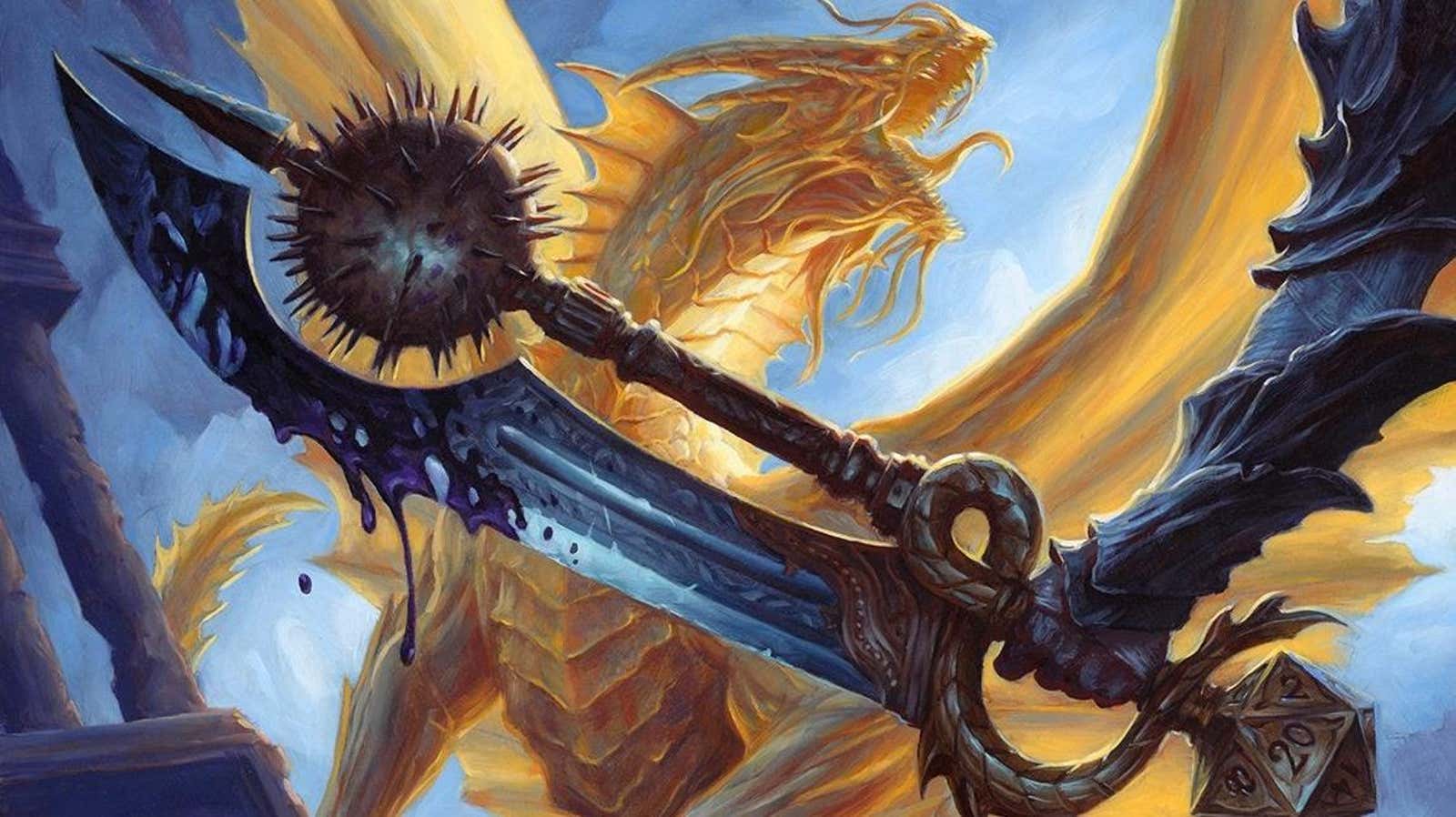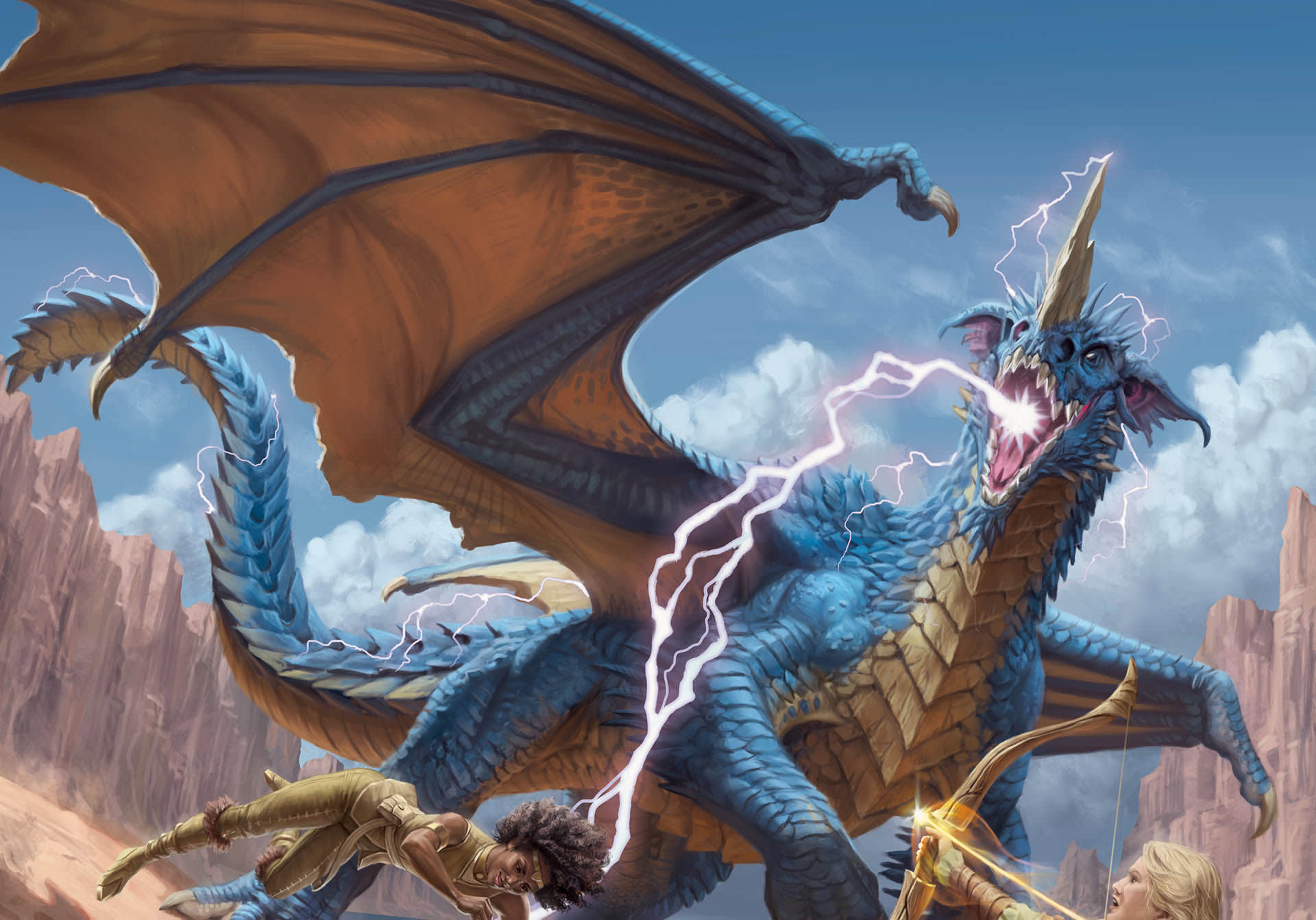TL:DR:
- Wizards of the Coast, the publisher of Dungeons & Dragons, reversed its decision on a proposed license change for NFTs and other derivatives.
- The company faced backlash from the D&D community after it tried to modify a legal framework that has allowed content creation for over 20 years.
- Wizards of the Coast announced that it will no longer update its Open Game License and will place D&D content under a Creative Commons license.
- The decision was made after a poll showed 86% of D&D community members were dissatisfied with the draft policy.
- The initial proposed ban caused a Web3 gaming company, Gripnr, to pivot from its upcoming project, The Glimmering.
- The company is now considering different options, including using the Open Game License or content from the new Creative Commons document.
A losing battle
Dungeons & Dragons Reverses Course on NFT Ban Amid Backlash Dungeons & Dragons (D&D) publisher, Wizards of the Coast, faced widespread backlash from fans and content creators earlier this month after it tried to modify a legal framework that allowed people to produce content compatible with D&D for over 20 years. The company initially attempted to change its Open Game License (OGL) to limit NFT projects and other derivatives, but faced fierce opposition from the community.
Wizards of the Coast initially backed down on certain changes, such as mandatory royalties from content creators, but an updated proposal still banned D&D content from being used in conjunction with third-party NFTs. This caused Web3 gaming company Gripnr to pivot from its upcoming project, The Glimmering, which was designed to use the Ethereum sidechain Polygon.
However, after seeing the results of a poll tied to the proposed changes, in which 86% of D&D community members voted against the license update, Wizards of the Coast announced that it will no longer update its OGL. Instead, the company will place D&D content under a Creative Commons license that is “open and irrevocable.”

The history of Dungeons & Dragons Dungeons & Dragons is a tabletop role-playing game (RPG) that was first released in 1974 by Tactical Studies Rules, Inc. (TSR), a company founded by Gary Gygax and Dave Arneson. It quickly became popular, with millions of copies sold worldwide, and is widely considered the father of modern tabletop RPGs.
The company that started Dungeons & Dragons TSR was purchased by Wizards of the Coast in 1997, a company founded by Peter Adkison. Wizards of the Coast is now owned by Hasbro and is responsible for publishing D&D and other tabletop games, including Magic: The Gathering.
About NFTs NFTs, or non-fungible tokens, are unique digital assets that use blockchain technology to prove ownership and authenticity. NFTs are used in various industries, including art, collectibles, and gaming. They provide a way for creators to monetize their work and give collectors a way to own rare and valuable assets.

Web3 gaming and NFTs Web3 gaming is a new type of gaming that utilizes blockchain technology, such as Ethereum, to provide players with true ownership of in-game assets. NFTs play a crucial role in Web3 gaming, as they allow players to trade, sell, and buy digital assets as they would in the real world.
The decision to change their mind Wizards of the Coast’s initial decision to limit NFTs and derivatives caused widespread anger among the D&D community, as it would have limited their ability to create content and monetize their work. The company’s decision to abandon its plans to update.

Thanks for reading our Solanews content, be sure to follow our social media channels for more!

